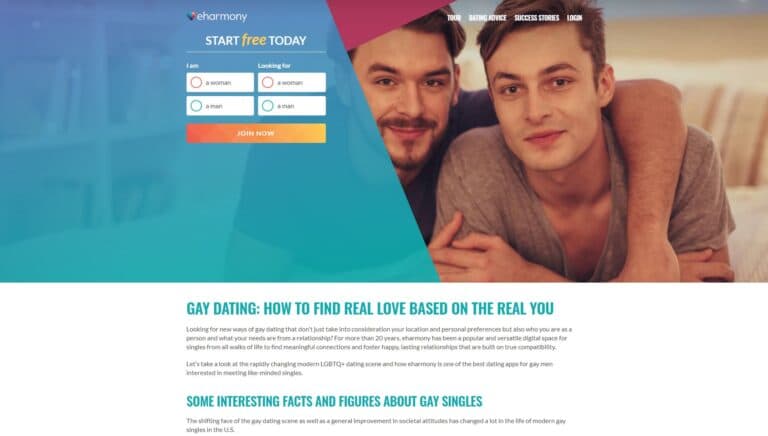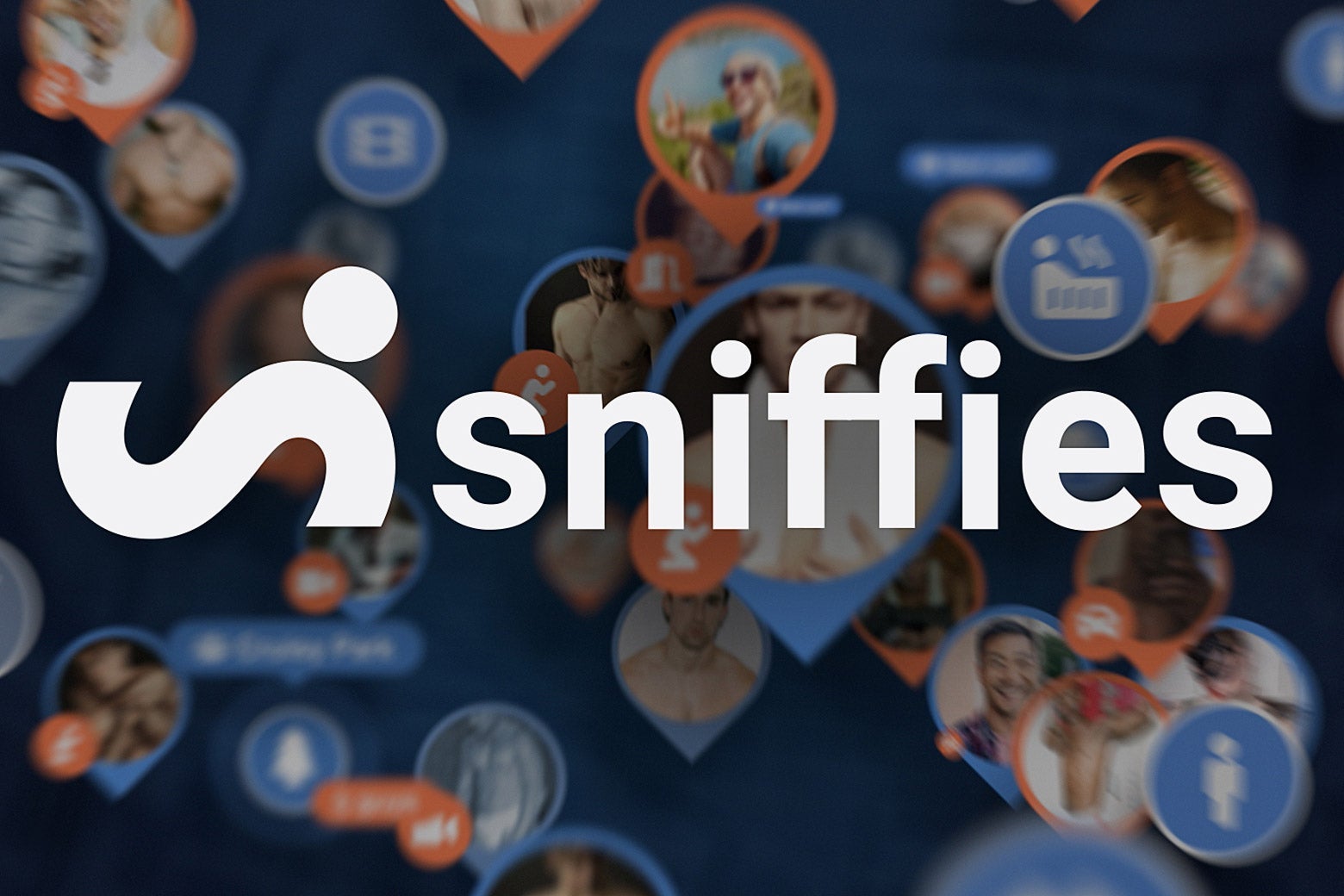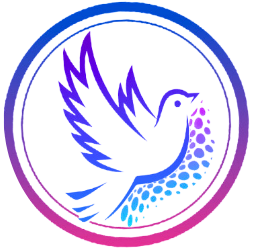Gender on Campus
Identity-
Free
Identification
Politics
A report from
the agender,
aromantic, asexual
front line.
Photos by
Elliott Brown, Jr.
NYU course of 2016
“Currently, we claim that Im agender.
I’m the removal of my self through the personal construct of sex,” claims Mars Marson, a 21-year-old NYU film significant with a thatch of short black hair.
Marson is actually speaking with me amid a roomful of Queer Union students from the school’s LGBTQ college student heart, where a front-desk bin provides no-cost buttons that permit visitors proclaim their particular recom4m hookupsended pronoun. With the seven students gathered at the Queer Union, five choose the single
they,
meant to signify the type of post-gender self-identification Marson describes.
Marson was given birth to a lady biologically and arrived as a lesbian in senior high school. But NYU ended up being a revelation â a location to explore transgenderism after which reject it. “I don’t feel connected to the word
transgender
because it seems a lot more resonant with binary trans individuals,” Marson says, discussing individuals who need tread a linear course from female to male, or the other way around. You might declare that Marson in addition to other students on Queer Union determine instead with becoming somewhere in the midst of the road, but that is not quite correct sometimes. “In my opinion âin the middle’ nevertheless sets female and male just like the be-all-end-all,” claims Thomas Rabuano, 19, a sophomore drama major just who wears makeup products, a turbanlike headband, and a flowy shirt and top and cites woman Gaga together with homosexual figure Kurt on
Glee
as large adolescent role designs. “i enjoy consider it outdoors.” Everyone in the class
mm-hmmm
s approval and snaps their own hands in accord. Amina Sayeed, 19, a sophomore from Des Moines, agrees. “conventional ladies clothes tend to be female and colorful and accentuated the fact I had boobs. I disliked that,” Sayeed says. “So now I point out that i am an agender demi-girl with link with the female digital sex.”
Regarding the far edge of campus identity politics
â the locations when occupied by gay and lesbian college students and soon after by transgender ones â at this point you look for purse of pupils like these, teenagers for whom tries to categorize identification sense anachronistic, oppressive, or perhaps painfully irrelevant. For older generations of homosexual and queer communities, the endeavor (and exhilaration) of identity research on university can look rather familiar. Nevertheless the variations these days are striking. The current project isn’t only about questioning your very own identity; it’s about questioning the very nature of identification. You may not be a boy, however you is almost certainly not a lady, often, as well as how comfortable are you presently using notion of becoming neither? You might want to rest with men, or women, or transmen, or transwomen, and also you might want to be psychologically involved with them, as well â but not in the same mix, since why should your own passionate and intimate orientations always have to be exactly the same thing? Or the reason why think about orientation anyway? Your appetites could be panromantic but asexual; you could recognize as a cisgender (perhaps not transgender) aromantic. The linguistic choices are nearly limitless: an abundance of vocabulary supposed to articulate the role of imprecision in identification. And it’s really a worldview that’s considerably about words and feelings: For a movement of teenagers moving the limits of desire, could feel amazingly unlibidinous.
A Glossary
The Hard Linguistics in the Campus Queer Movement
Some things about intercourse have not changed, rather than will. But for those of us which decided to go to college many years ago â or even several in years past â some of the latest intimate terminology is unfamiliar. Below, a cheat sheet.
Agender:
someone who determines as neither male nor female
Asexual:
a person who does not experience sexual desire, but who may experience passionate longing
Aromantic:
an individual who doesn’t experience romantic longing, but does experience sexual interest
Cisgender:
maybe not transgender; the state when the sex you identify with fits the only you were assigned at birth
Demisexual:
individuals with restricted libido, generally thought just relating to deep emotional link
Gender:
a 20th-century restriction
Genderqueer:
individuals with an identity away from traditional sex binaries
Graysexual:
an even more broad phrase for a person with limited sexual desire
Intersectionality:
the belief that sex, competition, course, and sexual positioning are not interrogated independently from another
Panromantic:
somebody who is actually romantically enthusiastic about any individual of any sex or positioning; it doesn’t fundamentally connote associated sexual interest
Pansexual:
somebody who is actually intimately contemplating any individual of any gender or direction
Reporting by
Allison P. Davis
and
Jessica Roy
Robyn Ochs, an old Harvard administrator who had been in the school for 26 decades (and which began the college’s team for LGBTQ professors and team), views one major good reason why these linguistically difficult identities have actually quickly become popular: “I ask young queer folks the way they discovered the labels they describe by themselves with,” claims Ochs, “and Tumblr is the No. 1 response.” The social-media system has spawned so many microcommunities worldwide, including Queer Muslims, Queers With Disabilities, and Trans Jewry. Jack Halberstam, a 53-year-old self-identified “trans butch” teacher of gender studies at USC, specifically cites Judith Butler’s 1990 book,
Gender Problems,
the gender-theory bible for campus queers. Quotes from it, just like the a lot reblogged “there’s absolutely no sex identification behind the expressions of sex; that identification is performatively constituted by the extremely âexpressions’ which are considered the outcomes,” became Tumblr bait â perhaps the planet’s the very least probably widespread content.
But the majority of of this queer NYU pupils we spoke to did not be really acquainted with the vocabulary they today use to describe by themselves until they attained university. Campuses are staffed by managers exactly who came of age in the first wave of governmental correctness and at the top of semiotics-deconstruction mania. In university now, intersectionality (the idea that race, course, and sex identity are typical linked) is actually main on their method of recognizing almost everything. But rejecting groups entirely are sexy, transgressive, a helpful strategy to win a disagreement or feel special.
Or possibly that’s also cynical. Despite how severe this lexical contortion may seem to a few, the students’ really wants to determine by themselves outside sex felt like an outgrowth of acute disquiet and strong scarring from getting elevated from inside the to-them-unbearable character of “boy” or “girl.” Establishing an identity that is described by what you
aren’t
doesn’t seem specially simple. I ask the students if their brand new cultural license to recognize themselves outside of sex and gender, in the event that absolute multitude of self-identifying options they’ve got â such myspace’s much-hyped 58 gender alternatives, sets from “trans individual” to “genderqueer” to your vaguely French-sounding “neutrois” (which, relating to neutrois.com, can not be described, because extremely point of being neutrois is the fact that your own gender is specific to you personally) â occasionally simply leaves all of them sensation as if they are going swimming in space.
“i’m like I’m in a chocolate shop so there’s these different alternatives,” states Darya Goharian, 22, a senior from an Iranian family members in a rich D.C. suburb exactly who recognizes as trans nonbinary. Yet perhaps the term
possibilities
can be as well close-minded for most when you look at the party. “I take concern with that term,” claims Marson. “it will make it feel like you’re deciding to be some thing, when it’s not a choice but an inherent part of you as individuals.”
Amina Sayeed identifies as an aromantic, agender demi-girl with link with the feminine binary gender.
Photo:
Elliott Brown, Jr., NYU course of 2016
Levi right back, 20, is a premed who was nearly kicked off general public twelfth grade in Oklahoma after coming-out as a lesbian. However now, “we identify as panromantic, asexual, agender â and if you want to shorten almost everything, we could only go as queer,” right back says. “I do not discover intimate interest to anyone, but I’m in a relationship with another asexual individual. We do not make love, but we cuddle on a regular basis, hug, make out, hold arms. Whatever you’d see in a PG rom-com.” Right back had previously dated and slept with a female, but, “as time went on, I was less into it, and it became similar to a chore. What i’m saying is, it felt good, but it would not feel just like I happened to be developing a very good link through that.”
Today, with again’s recent girlfriend, “lots of the thing that makes this union is our very own mental link. And how open the audience is together.”
Back has started an asexual group at NYU; ranging from ten and 15 individuals usually show up to group meetings. Sayeed â the agender demi-girl â is among all of them, too, but determines as aromantic as opposed to asexual. “I had had intercourse once I happened to be 16 or 17. Girls before males, but both,” Sayeed states. Sayeed continues to have sex periodically. “But I don’t experience any kind of romantic appeal. I had never ever understood the technical word because of it or whatever. I’m still in a position to feel really love: I love my buddies, and that I love my loved ones.” But of dropping
in
really love, Sayeed states, with no wistfulness or question that the might change later in daily life, “i assume I just don’t see why we actually would at this time.”
A whole lot in the personal politics of history was about insisting in the straight to sleep with anybody; today, the sexual interest seems these types of the minimum part of this politics, which include the authority to state you’ve got little to no desire to rest with any individual anyway. Which could appear to manage counter on the a lot more traditional hookup culture. But rather, maybe this is basically the after that reasonable action. If connecting has completely decoupled sex from relationship and feelings, this motion is clarifying that one could have relationship without gender.

Although the getting rejected of intercourse is not by option, necessarily. Max Taylor, a 22-year-old transman junior at NYU which in addition recognizes as polyamorous, states that it is already been more difficult for him as of yet since he began taking human hormones. “I can’t go to a bar and choose a straight woman and possess a one-night stand quite easily anymore. It becomes this thing where easily desire a one-night stand I have to explain i am trans. My swimming pool of people to flirt with is actually my neighborhood, in which many people learn each other,” states Taylor. “Typically trans or genderqueer folks of tone in Brooklyn. It feels like I’m never ever going to meet some one at a grocery store once again.”
The complex language, too, can work as a level of protection. “you may get very comfortable here at the LGBT center to get accustomed individuals asking your pronouns and everyone knowing you are queer,” states Xena Becker, 20, a sophomore from Evanston, Illinois, whom determines as a bisexual queer ciswoman. “But it’s nonetheless actually depressed, tough, and perplexing most of the time. Even though there are more terms does not mean the emotions tend to be easier.”
Added reporting by Alexa Tsoulis-Reay.

*This article seems when you look at the Oct 19, 2015 issue of
Nyc
Magazine.
